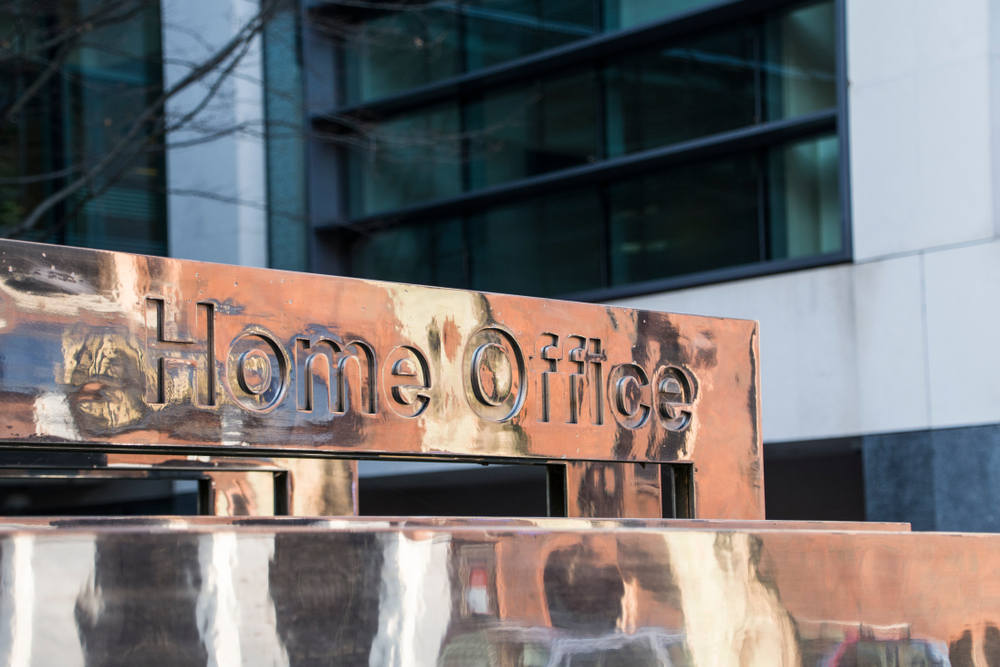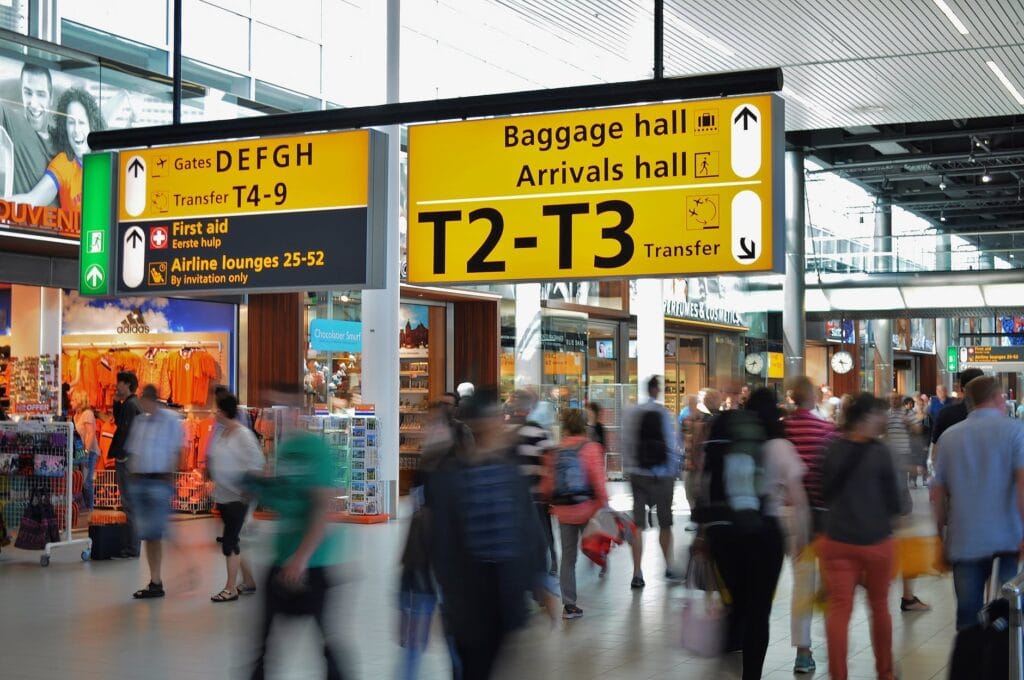Immigration changes to expect under the new Labour government
Following the Labour party’s landslide victory in last week’s general election, Sir Keir Starmer made his first speech as Prime Minister outside 10 Downing Street on Friday, setting out how his government will deliver change and uphold its promises to voters.
The message delivered in his speech was clear, with the new PM vowing that “the work of change begins immediately” for the Labour government to rebuild the country “brick by brick” following 14 years of Conservative leadership.
During his first few days in office, Starmer has appointed key members of his new cabinet, including Yvette Cooper as Home Secretary. As the new leader of the Home Office, Cooper will have a major task ahead in delivering the Labour government’s immediate priorities for immigration.
Immigration was a major focus for all top parties during the election campaign, and Labour has set out key policies to create a ‘fair and properly managed immigration system’. Many of these policies focus on reducing small boat crossings and tackling the asylum backlog. However, the party has also vowed to lower legal migration by changing the way businesses can hire workers from overseas.
So what is Starmer’s plan for business immigration, and what changes can we expect under the new Labour government?
Labour’s immigration policy at a glance
Overall, the Labour party says that it supports a ‘points-based immigration system that works for workers and businesses’.
Labour’s immigration policies will seek to bring down net migration and reduce the reliance on overseas workers by addressing home-grown skills shortages and improving wages and conditions for Britain’s workers.
On immigration, Labour has pledged to do the following:
- Reform the points-based immigration system to bring down migration. The government will work to reduce the need for international recruitment and respond quickly to changes in the labour market. The Migration Advisory Committee (MAC) will be instructed to partner with other government agencies to deliver the skills needed for growth.
- Boost Britain’s skills and end the days of sectors languishing on the shortage list without a plan to deal with the problem. By joining-up Whitehall systems to spot and tackle skills shortages, the government aims to fire up skills training at home rather than looking overseas to fill skills gaps.
- End workplace exploitation where migration is used as a way to undercut the terms and conditions of workers here. New powers will seek to ban hiring from overseas for employers and recruitment agencies who break employment law.
What does this mean for business immigration?
Although the government is not expected to introduce radical changes to the current points-based system, businesses should be prepared for potential policy changes that could impact overseas hiring.
As yet, no official targets have been set as part of Labour’s plan to reduce legal migration. However, we do know that the government will work to reduce reliance on international recruitment over time, meaning it could become more difficult for employers to hire migrant workers in future.
In particular, we expect the new government to focus on the following areas when implementing new immigration policies.
Reducing net migration:
Labour does not intend to introduce any formal caps on visa numbers but have stated they will introduce “appropriate restrictions on visas” to support their pledge to reduce legal migration. Recent forecasts show that net migration is expected to average around 350,000 a year over the next five years, partly due to immigration policy changes already introduced by the previous Conservative government.
Prioritising domestic workers:
A key priority for Labour is to upskill the domestic workforce and improve working conditions in the UK, in order to reduce the long-term reliance on overseas workers. They plan to do this by improving access to training and apprenticeships and by linking immigration and skills policy.
Labour has so far not indicated any intention to reinstate the Resident Labour Market Test (RLMT) which was scrapped in 2021. However, if new rules are introduced to require employers to show that they have tried to recruit a UK citizen or settled worker before sponsoring someone on a work visa, the timeline to recruit from overseas may be significantly extended in future.
Addressing skills shortages:
In tandem with the above, Labour plans to tackle the route cause of long-term reliance on overseas workers in key sectors such as health and social care and construction. Sectors with high numbers of migrant workers may be given workforce plans and fair pay agreements drawn up by the government.
Failure to adhere to these plans could result in sectors being sanctioned by having jobs withdrawn from the Immigration Salary List. Individual companies could also be banned from sponsoring overseas workers if they do not comply with workforce training and development requirements.
Increased focus on compliance:
Labour have made clear that employers will be responsible for upholding immigration law and preventing abuse of the visa system. The new government has also said it will introduce harsher penalties for employers who fail to comply with fair employment practices, including lengthening ineligibility periods for obtaining a sponsor licence.
As a result, we expect to see an increased focus on compliance in general, and greater powers for the Home Office to withdraw sponsor licences and ban overseas hiring for employers who flout the rules.
Immigration advice for employers
As with any change of government, policy reforms are inevitable and employers should be prepared for new rules and requirements when it comes to international recruitment. The above is a snapshot of the key areas we expect the new government to focus on. However, we anticipate further details on specific policy changes to be communicated over the coming months.
Smith Stone Walters will continue to monitor the situation as it develops and provide updates in due course. To keep up to date with the latest developments in UK immigration, please sign up to our news service. Or to speak to a qualified immigration advisor, please contact us today.















